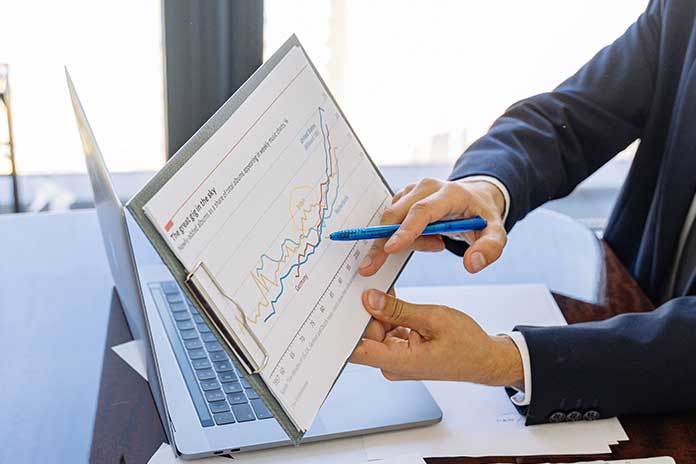The penultimate section to be completed to obtain a free business plan or a financial forecast on our digital business creation assistance application is called “Investments”. It is necessary to list, on this page, certain goods useful to your business. These are “durable” goods that your business will keep for over a year. From an accounting point of view, these are fixed assets. Here is a file that details the work to be done in this part of the Entrepreneur’s Corner application.
Table of Contents
Investments: what are they exactly?
In this section of the application, you must fill in all the goods used to produce the goods or services sold by your company and to be rented to individuals or other companies. They are called, in accounting parlance, fixed assets. The texts give a rather complex definition; we will not tackle it on purpose here because it could mislead you. To simplify, you can consider that it is about all the goods not consumed during their first use and which your company will keep quite a long time (at least a year). They should not be intended for purchase-resale.
In general, there are three types of durable goods:
- Tangible investments: these are non-monetary goods that have a physical substance (land, construction, computer equipment, vehicle, tools, furniture, etc.);
- Intangible investments: these are non-monetary assets that have no physical substance (software, brand, lease rights, business assets, etc.);
- Financial investments include the deposits of guarantees paid, rights on other companies (shares/shares), and monetary claims (loans granted).
Inventories, consumables, trade receivables or even share capital do not constitute, for example, fixed assets.
For the sake of simplicity, we can consider that low-value equipment ( < 500 €) constitutes a conventional charge and not an investment. If you find yourself in this case, you must enter the property in the “Expenses” tab of the application.
How to add an investment in the application?
Steps to follow
To add an investment, click on the blue button provided for this purpose. A new page opens. You must fill in several important information:
- Nature of the investment: select the nature of the fixed asset (tangible, intangible or financial – see above)
- Contribution in kind: indicate here whether the asset in question initially belongs to a partner and the latter contributes it to the company
- Name of investment: Identify investment in him assigning a name (“iMac” or “5008” for example)
- Tax-free amount of the investment: enter the purchase cost of the asset (purchase price + incidental costs)
- Year and month of the operation: specify the exact date on which your company will purchase the property (see details above)
- Duration of use: choose the length of time you think your business will use the asset (in number of months)
Remember to save your entry before exiting the page.
Important details
Note, first of all, that only investments made in “Year 1 Month 1” will be taken into account in your financing plan. If you want them to appear in this financial table of your forecast, you must select “Year 1” in “Year of the operation” and “Month 1” in “Month of the operation”.
Then, if you do not have a precise idea as to the duration of use of a good, you can use that admitted in the uses of the profession, namely:
- Three years for office / IT equipment,
- 4 or 5 years for transport equipment,
- 5 to 10 years for furniture and industrial machines,
- 10 to 20 years for fixtures and fittings,
- 20 to 50 years for buildings.
Be careful because some goods are not depreciable. This is particularly the case for land or most financial fixed assets, for example.
The duration of use will allow our application to automatically calculate the depreciation of your investments and, more particularly, the depreciation allowances. Depreciation will reflect the loss in value of the goods, taking into account their use. This financial information will feed into the tables in your document: income statement, balance sheet, cash flow statement, etc. You have to remember that the value of each fixed asset will not be immediately deducted from your accounting result. In reality, its amount will be spread over its duration of use. Computer equipment of 1200 €, used for 3 years, will decrease your result by 400 € each year (1200/3).


